Coxswain couldn’t get to a radio, so he used a mobile phone to dial 911 for help.
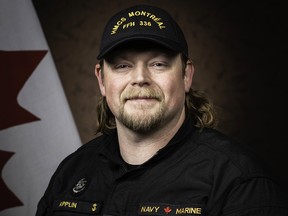
Article content
Military police are investigating what caused one of the navy’s small boats to flip Friday night, killing Gregory Applin, one of the two sailors on board.
The rigid-hull inflatable, known in the Royal Canadian Navy as a RHIB, overturned around 10 p.m. as it was returning to a boat shed after ferrying sea trial staff from HMCS Montreal to the Mill Cove Jetty, about a mile away. The frigate was moored in the Bedford Basin at the northern end of Halifax Harbour to test its sonar equipment.
Advertisement 2
Article content
An unnamed small boat coxswain from Naval Fleet School Atlantic was driving the RHIB. He had Petty Officer (Second Class) Applin, a 38-year-old crew member of HMCS Montreal, on board.
The small boats are about 24 feet long and can carry 10 passengers. The coxwain is the primary boat operator.
“As the RHIB was enroute back to dockyard, an incident occurred which caused the RHIB to capsize, throwing both sailors into the water,” Commodore Jacob French, the commander of Canadian Fleet Atlantic, said Monday.
“A radio was not available to boat’s coxswain, so the boat’s coxswain used his cellphone to call 911.”
The crew of a Halifax pilot boat pulled the two sailors from the water and took them to the Mill Cove Jetty, French said.
“They were met by paramedics and then transferred to QEII Hospital. Unfortunately, one of the sailors could not be resuscitated.”
French wouldn’t comment on what type of injuries caused Applin’s death.
Nor would he say if the two sailors who wound up in the water were wearing immersion suits, or how long it took to haul them out of the ocean.
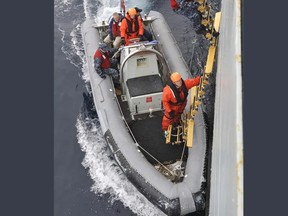
French also couldn’t say exactly how cold the water was at the time. “It’s not much above freezing in these conditions.”
Article content
Advertisement 3
Article content
HMCS Montreal wasn’t far from the accident, but the frigate’s crew only learned about it after hearing other rescuers talking about it on Very High Frequency (VHF) radio, French said. “As soon as the Montreal was made aware of the accident because they could hear the VHF, they put a boat into the water.”
But by the time they got to the scene, the pilot boat had already picked up the two sailors.
French couldn’t say exactly why the coxswain of the overturned boat couldn’t get to his radio. “What I do know is that radio wasn’t accessible. Most likely because it was with the boat that had been capsized.”
The small boat’s coxswain was released from hospital early Saturday morning. The sailor at the helm of the small boat was “quite experienced,” French said.
The Canadian Forces National Investigation Service is probing the fatal incident.
“There are, of course, details pertaining to questions that we all want answers to,” French said. “But some of these details will be known only following the investigation.”
The commodore said he doesn’t know how fast the small boat was moving at the time or what caused it to flip. A RHIB is capable of moving faster than 20 miles an hour, but French said he couldn’t comment on whether speed played a role in Friday’s capsizing.
Advertisement 4
Article content
The wind chill was about –10 degrees Celsius at the time and waves were less than a metre high, French said. “It wasn’t that wavey in the harbour.”
Recommended from Editorial
-

Inside Canada’s new navy tactical unit taking on drug dealers, pirates and terrorists on the high seas
-
Canadian firm to supply South African Navy with navigation system
Applin was a weapons engineering technician on HMCS Montreal and served aboard the frigate last year during a deployment to the Indo-Pacific. He had been in the Royal Canadian Navy for 19 years.
“At this time the family of Gregory Applin is experiencing a painful loss,” French said. “The ship and those closest to Petty Officer Applin, the fleet and the entire navy are impacted by this tragic event. We are all of us profoundly saddened by the loss of Gregory. We are doing our utmost to support the ship. We are doing our utmost to support the family and loved ones through this extremely difficult time.”
The small boats have capsized in the past, French said. “But it’s not very common.”
The investigation into Friday’s fatal accident could take up to six months, said the commodore.
Advertisement 5
Article content
“We’ll try to wrap it up as quickly as possible,” French said.
The navy will still use the small boats in the interim, he said.
“We have no reason to believe at this time that there is anything unsafe technically about the RHIBS,” French said.
“We’ll obviously take the right precautions that we can in terms of … the driving of the RHIBS and (using them for) personnel transfers to and from (warships) but there’s been no ceasing of RHIB operations. We don’t have that type of evidence that would lead us to that conclusion.”
HMCS Montreal was scheduled to go to sea this week, but that’s been postponed.
“We’re waiting for the appropriate time to commence operations again,” French said. “There’s just a bit of a pause while we focus on the team and the family, and then, eventually, they’ll get back out there.”
Our website is the place for the latest breaking news, exclusive scoops, longreads and provocative commentary. Please bookmark nationalpost.com and sign up for our daily newsletter, Posted, here.
Article content
#Military #police #probing #death #sailor #Halifax #Harbour

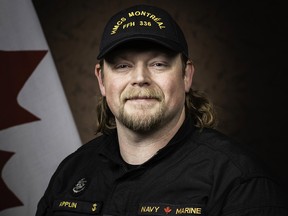








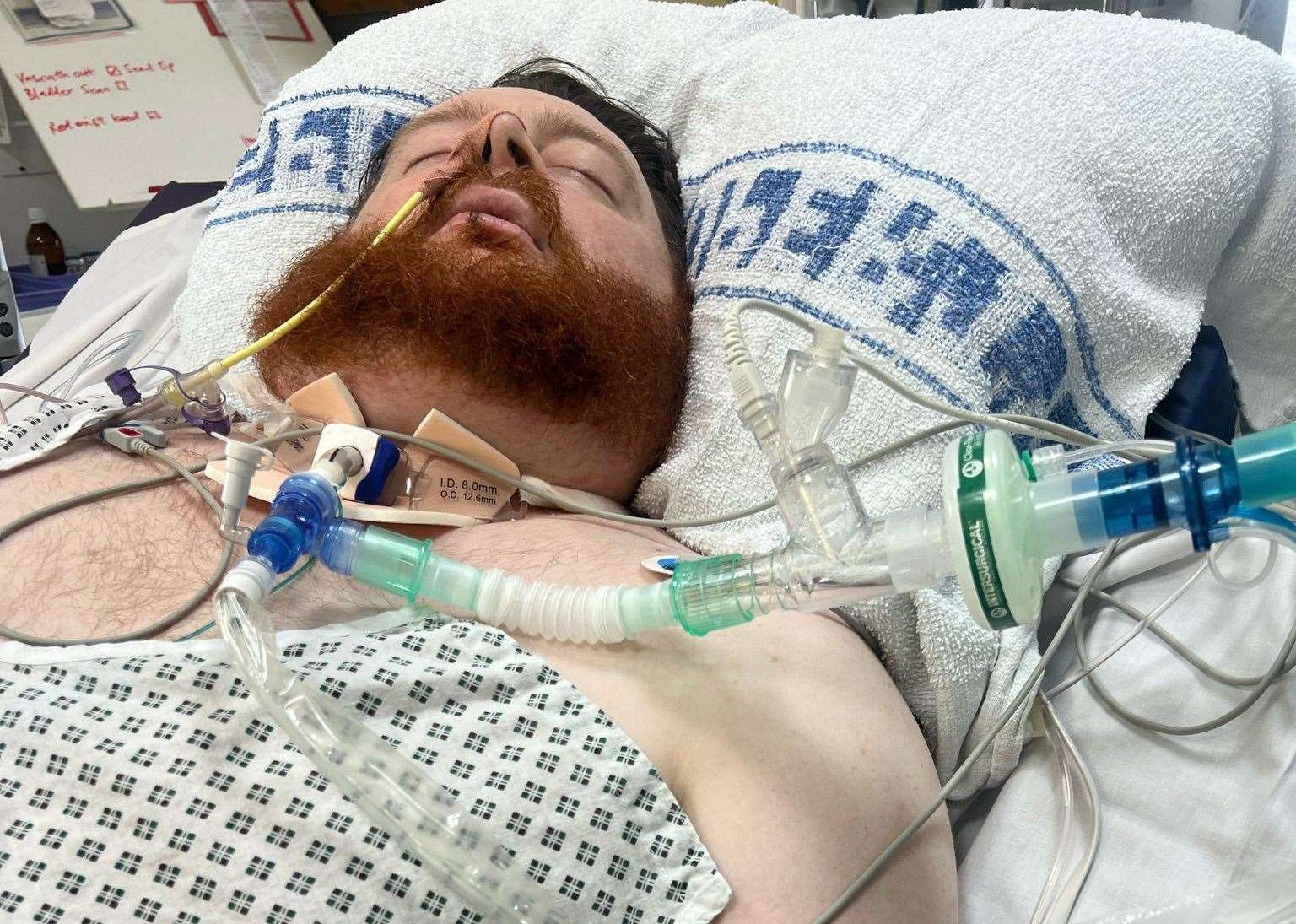
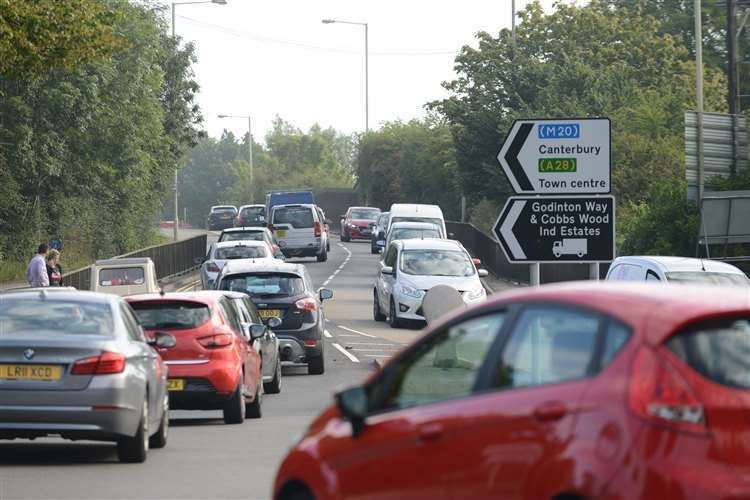
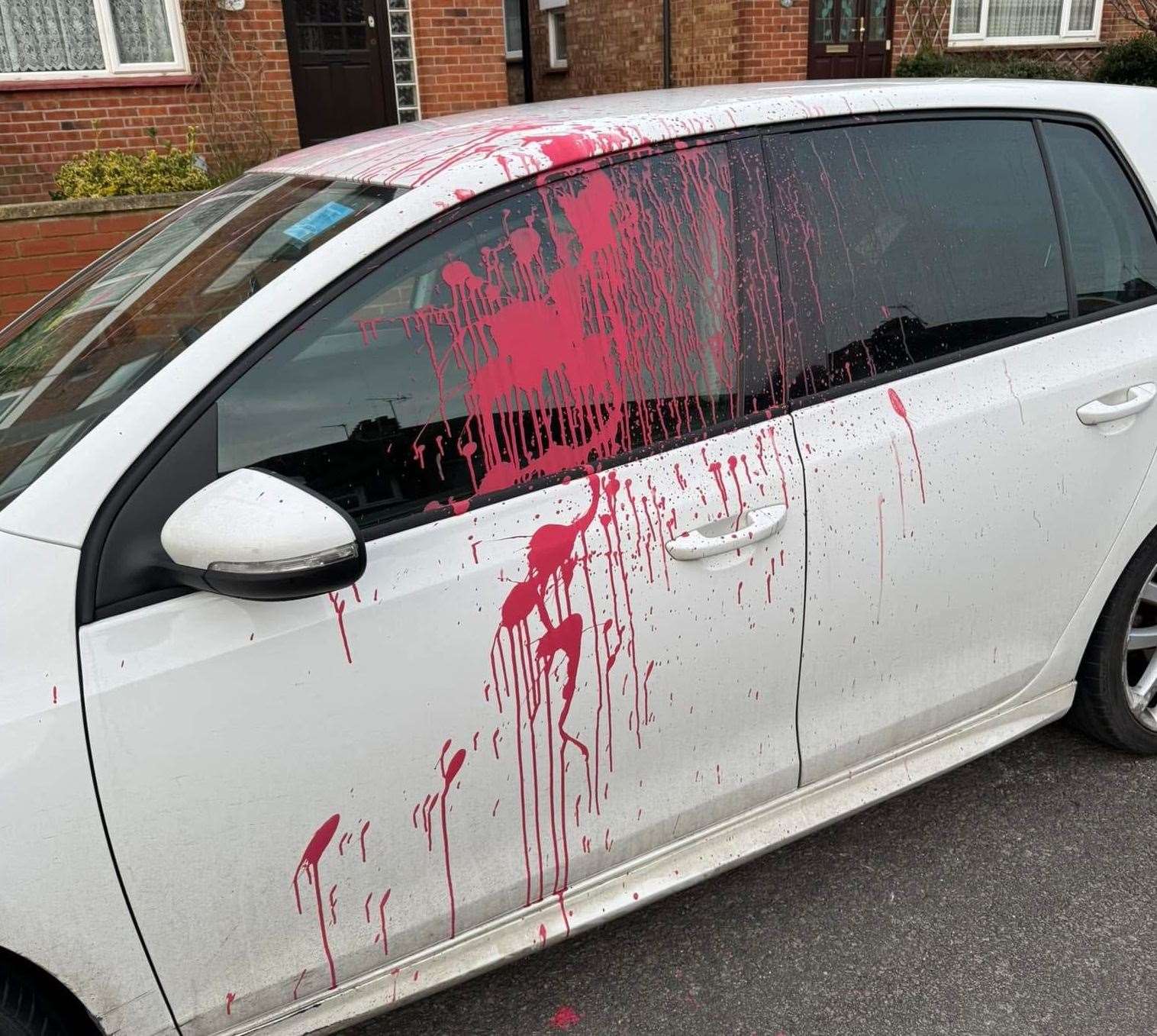
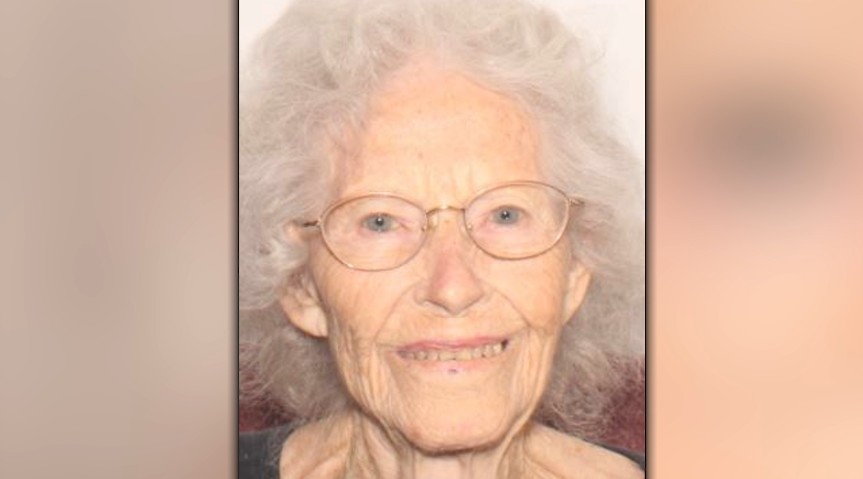


Leave a Reply